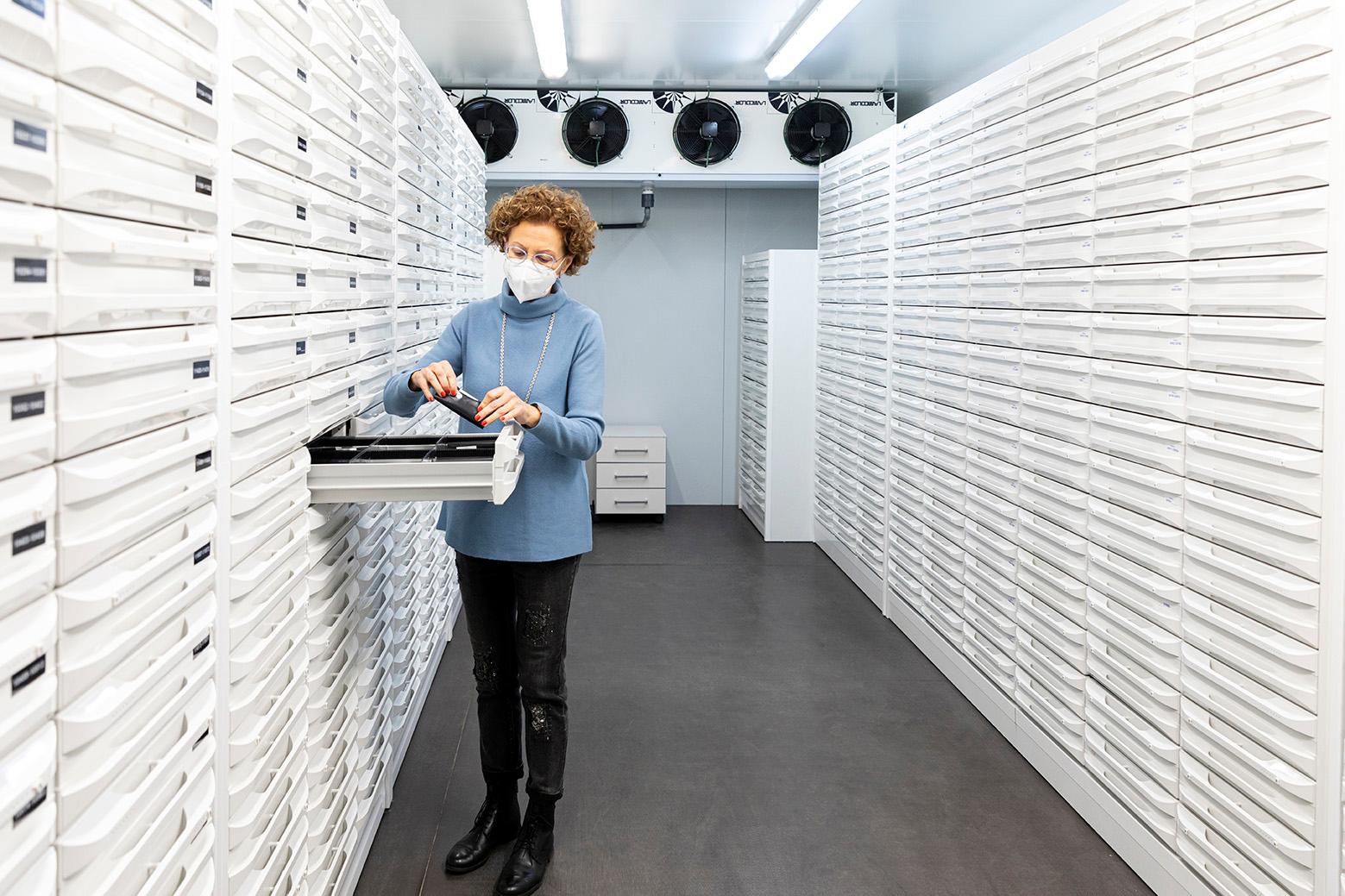The Spanish Type Culture Collection (CECT) is the only public Microbial Resource Centre in Spain, which acts as a depository and supplier of bacteria, archaea, yeasts and filamentous fungi. It is an International Authority for the Deposit of Micro-organisms for the Purpose of Patents, in accordance with the Budapest Treaty.
It belongs to the University of Valencia and endeavours to encourage the development of bio-technology based on microbiology, offering services to both the scientific community and the business sector. It has an extensive portfolio of strains with potential commercial applications in areas such as probiotics, oenology, pest bio-control, soil fertilisation and bio-remediation, amongst others.
The main services offered by the CECT are: deposit, conservation, supply and identification of micro-organisms; extraction, preservation and supply of DNA; training of personnel in the management, cultivation and conservation of microorganisms; advice on nomenclature and taxonomy and lyophilization upon request.
The information contained in this business data sheep has been provided by the company and the University of Valencia Science Park Foundation (FPCUV) is not responsible for its content.



